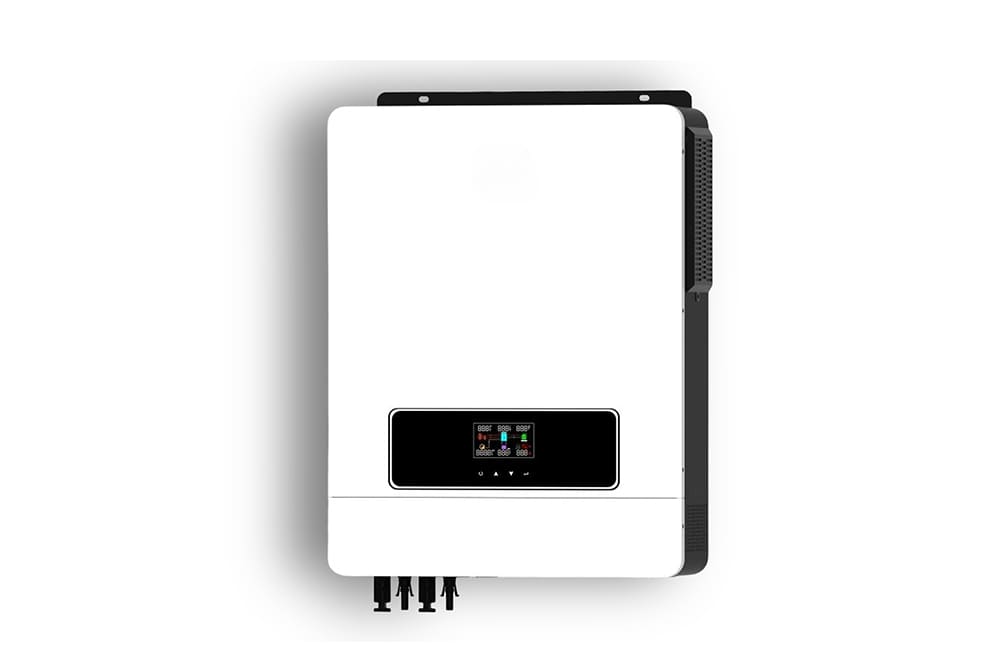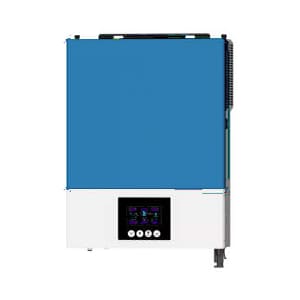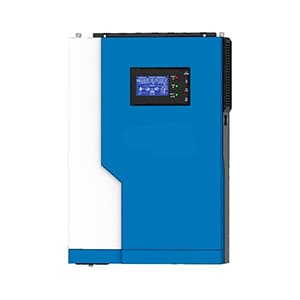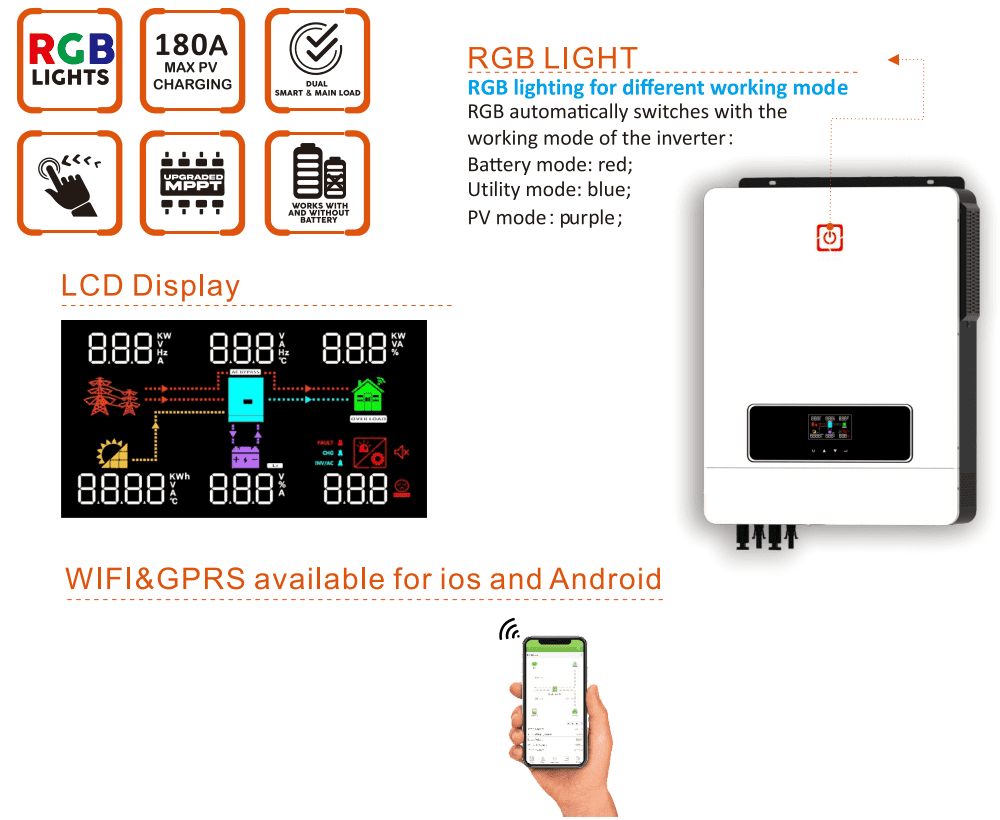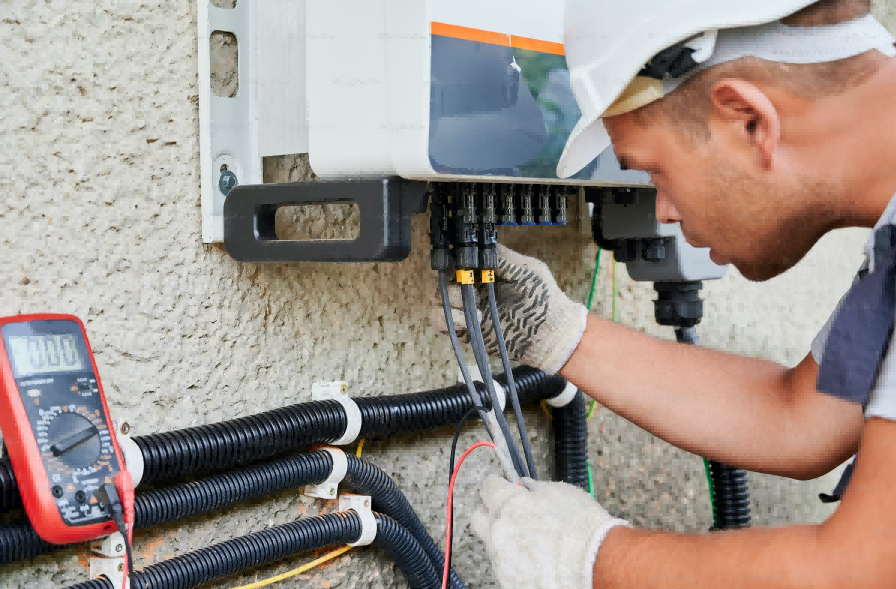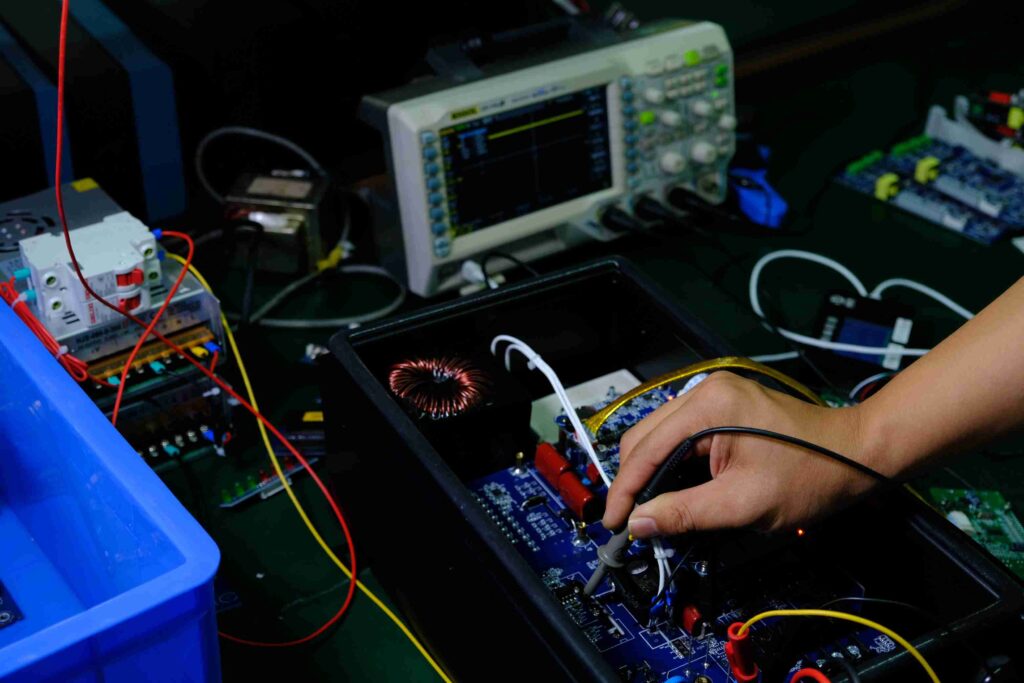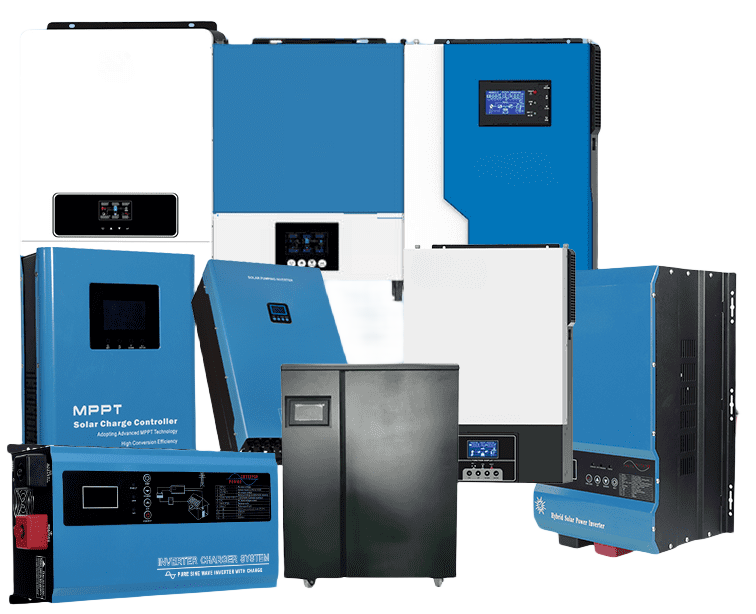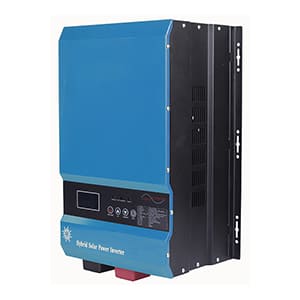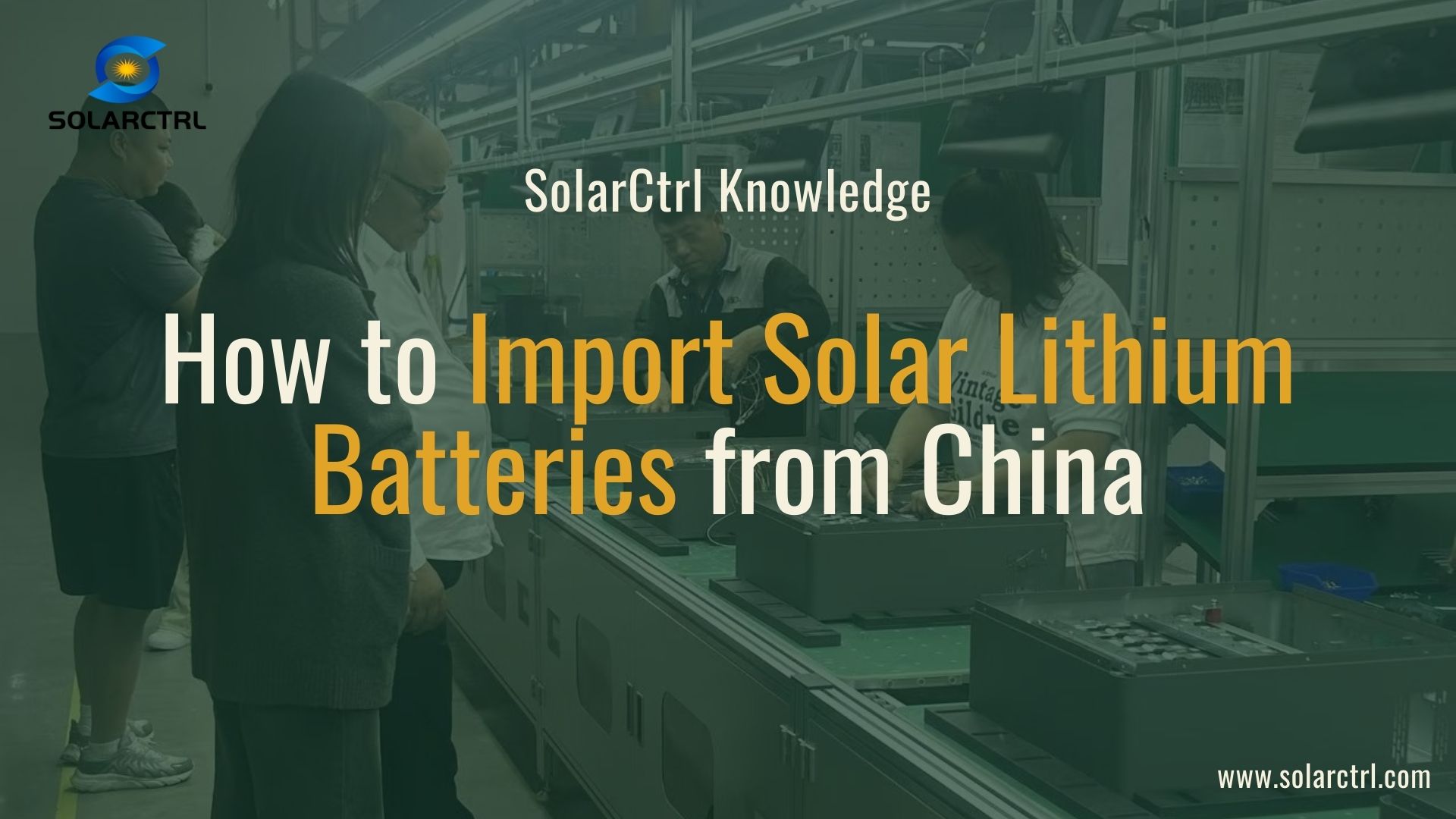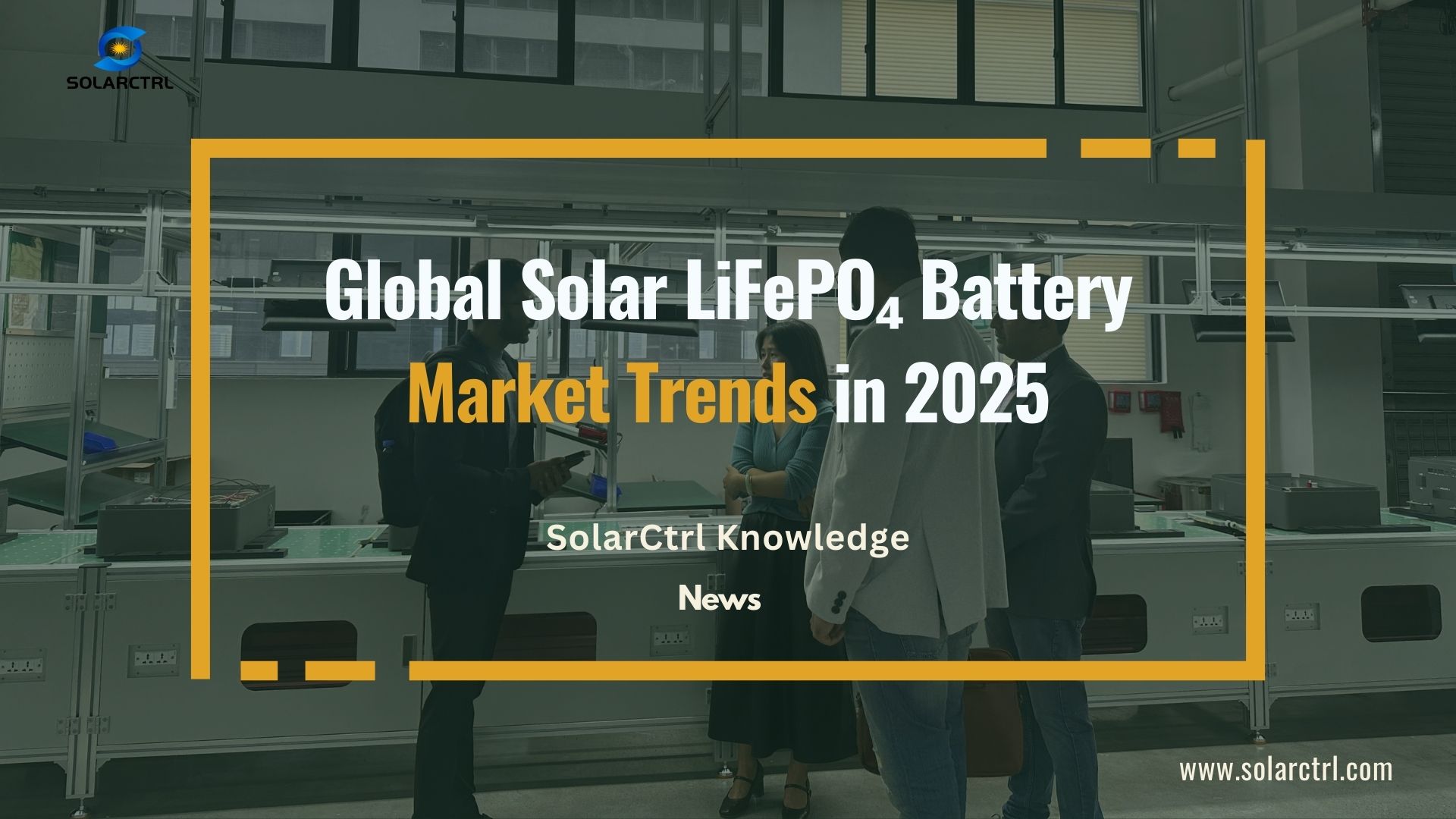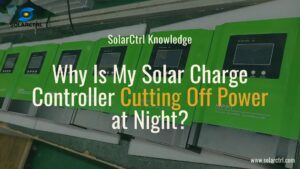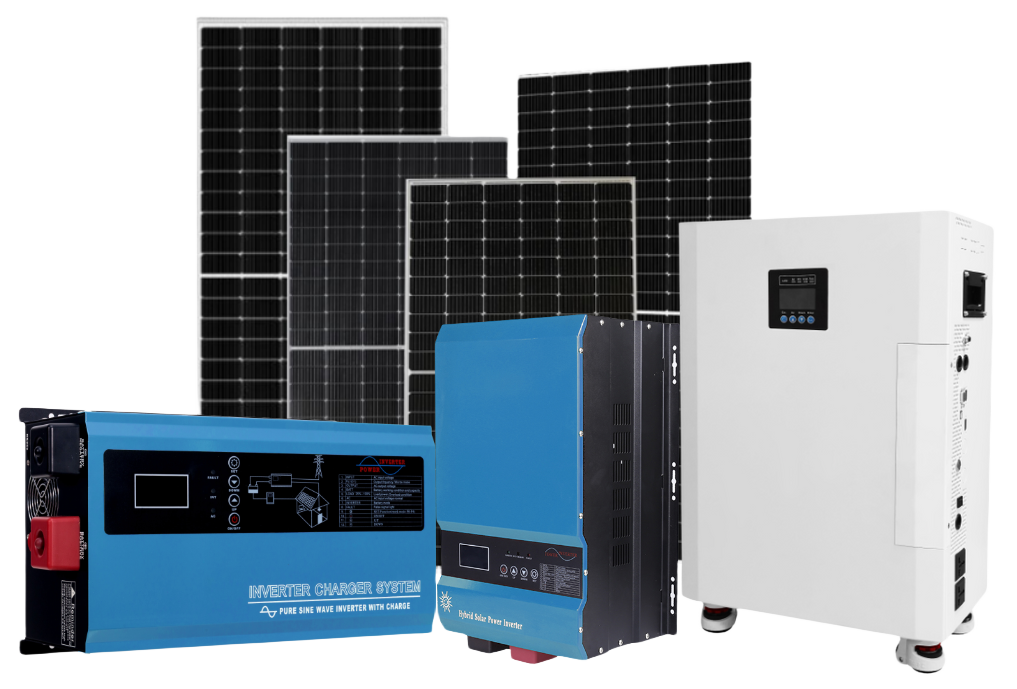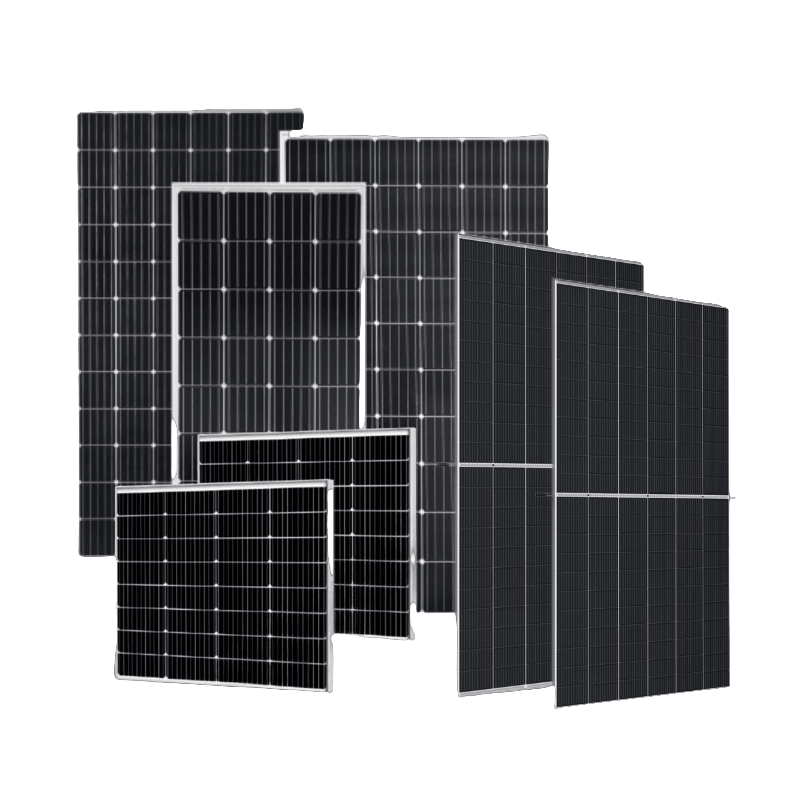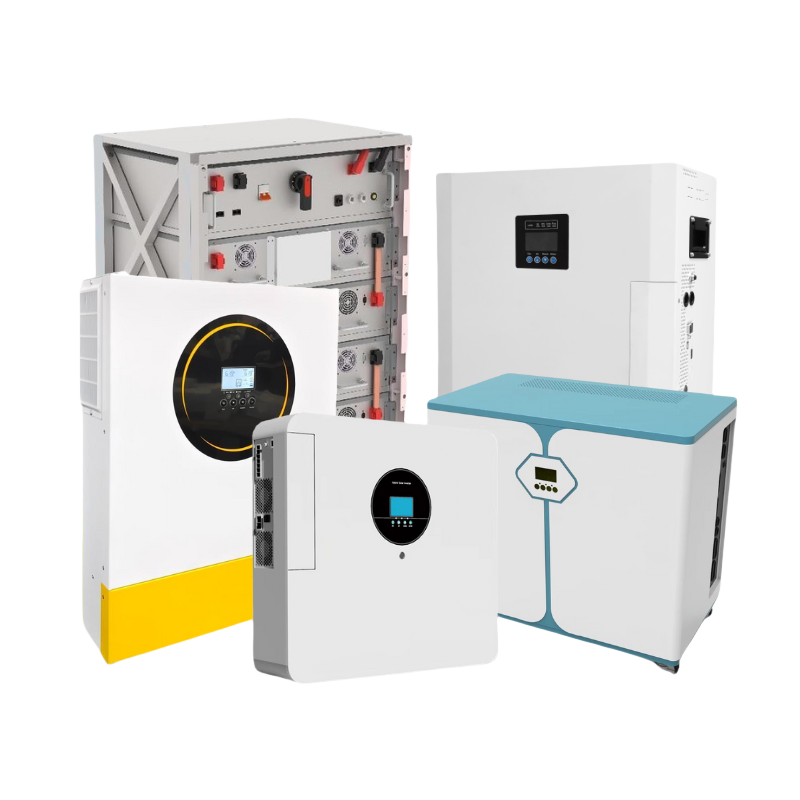To provide local technical support, we offer a range of services to VIP distributors, including installation, usage guidance, maintenance, and other related support, free of charge. For larger projects with a capacity of over 55KW, if on-site technical support is required, the cost of airfare, lodging, and meals must be covered by the distributor.
Our technical support services include system design, installation, commissioning, repair, and maintenance. We aim to provide prompt and effective technical support to ensure the smooth operation of your equipment and systems.
To optimize our technical support services, we continuously update our knowledge and skills, and we invest in the latest tools and technologies to enhance our capabilities. In addition, we strive to maintain open communication channels with our clients to ensure that their needs and concerns are addressed promptly and effectively.


